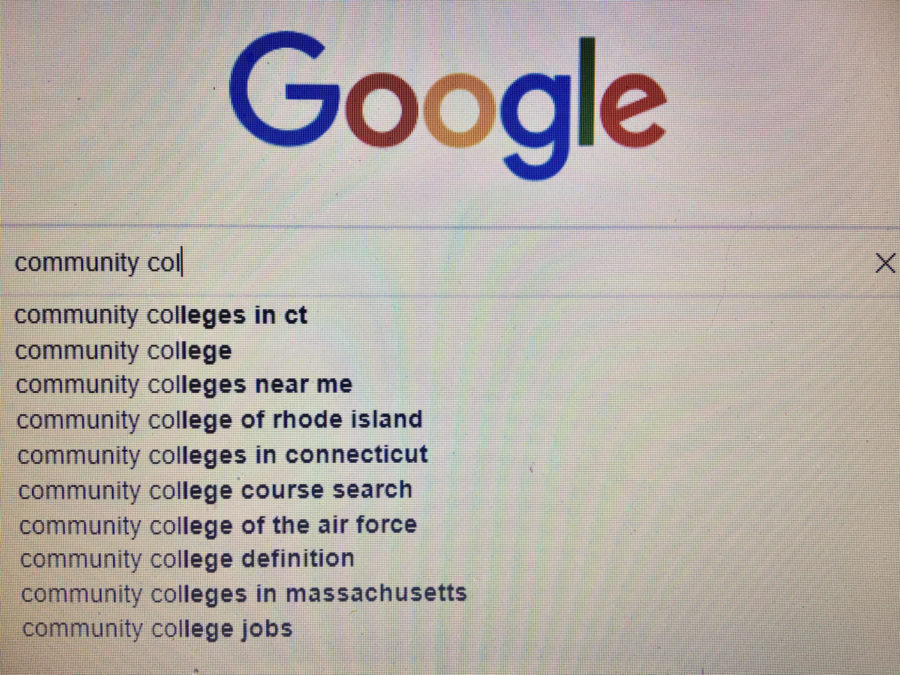The Stigma Around Community Colleges
Seniors, as we all know, college is right around the corner. Have you thought about your options? Do you know what your options are?
When we hear community college as an option, most of us shy away from it or don’t even count it as one. Frequently, a four year degree college is perceived as the only way to be successful. So we asked students and staff how they feel about this alternative with the question, “What are your thoughts on community college?” Senior Giovanna Dionicio said “I think it is the same value of regular college, it is also a cheaper option.” The majority of students responded with benefits of this option and the possible advantages of taking this road. But when they were asked, “How do people our age think of it?” they responded with a more stigmatized approach. Senior Ryan Druckenmiller, responded “It is looked down upon but a lot of kids don’t know that advantage of it.” As most of us know, there is a stigma around community college that is rarely ever discussed. We noticed while interviewing students that they gave positive responses, however they all responded that they would not choose to go to community college.
On the other hand, when we asked one of the teachers if they would recommend community colleges to students, Mrs. Baril responded, “Absolutely, I would send my child to one.” There is a clear difference of opinion between students and teachers, so if the staff thinks that community college is a great opportunity and shouldn’t be the “other choice”, why do students have this stigma around it?
Although most people don’t believe, or are not aware of the benefits of community college, they are in fact very real. According to a website on scholarships, there are many financial advantages of attending a community college. It allows you to attend school at a cheaper cost while also “prepare[ing] for the financial demands of a 4-year university” if you’re striving to transfer in the near future. Money should never be the one obstacle to a good education. Community colleges have advantages of a lower cost of tuition, they let you have a more flexible schedule, the ability to explore major options, and smaller classes as well as qualified professors.Community college is also a smart idea if you want to stay close to home and if you are not really sure what to major in yet. Community college allows you to explore all different types of career options without wasting large amounts of money like what would happen at a more expensive college. But we understand reasons as to why people might not choose to attend due to the lack of campus life and the limited curriculum. It depends on what schools, but some have a limited curriculum system if you have a specific major or career interest you want. Another thing that people get scared away from is the campus life. Since most people would commute, there is not that big of a campus life in terms of school activities and Greek life. Although it is a smart idea, it is true that people could be missing out on some of the opportunities other colleges and universities have to offer.
Lastly, it can be a good idea to complete your first two years of mandatory classes at community college and then transfer afterwards in order to be more money efficient. According to the Manchester Community College website, they are partnered with Uconn and many other schools in the state, so that when you finish two years you have the choice to transfer to those schools. This way, you receive the education you need while saving money.
In all, there shouldn’t be a stigma around community colleges because of all the positive aspects and potentiality it holds. For many this is a last resort, or maybe not even an option at all. It is especially looked down upon in this generation, but the view shifts when the older generations are asked to express their opinions about it. Studies have shown that community colleges might eventually be seen as a better option over four year colleges because of recent success rates, which may ultimately extinguish this stigma in years to come.






